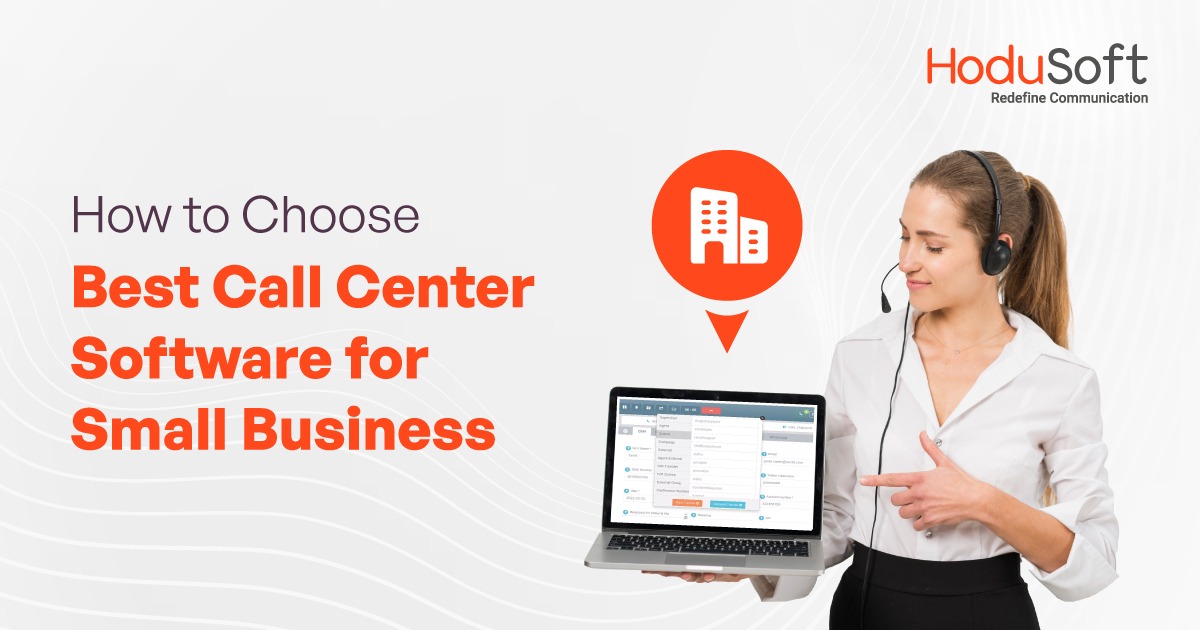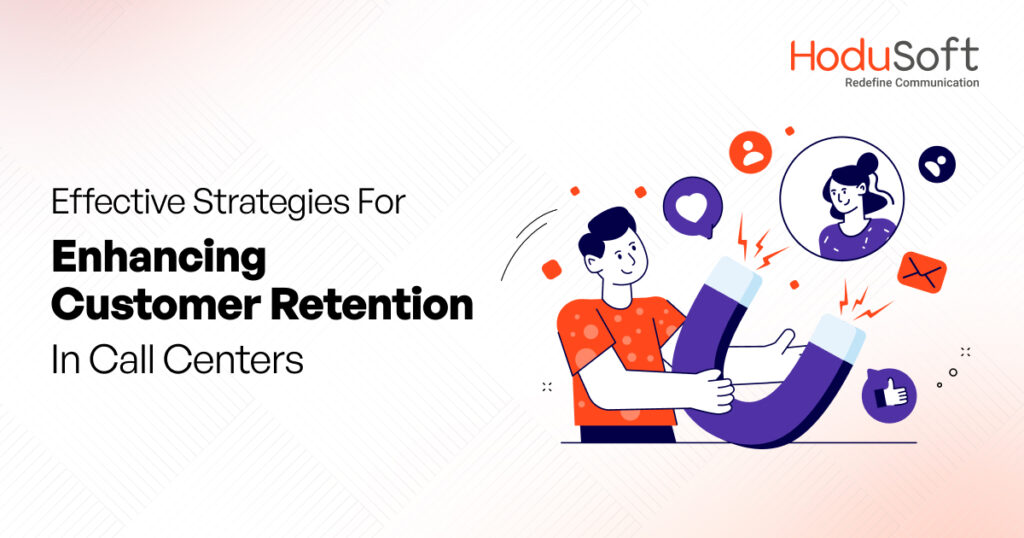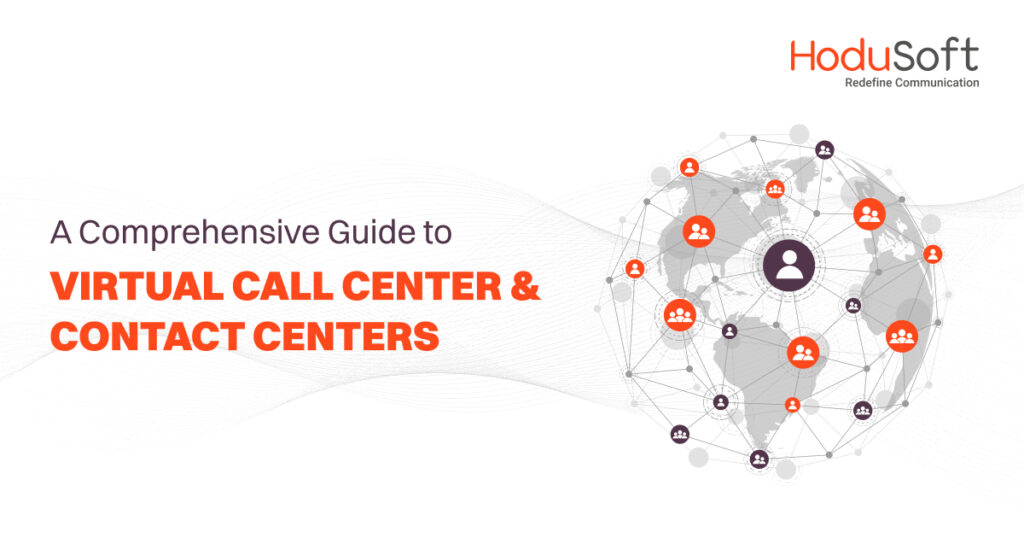How to Choose Best Call Center Software for Small Business in 2024
Businesses big or small still rely on call centers to manage customer queries. However, a full-fledged call center system is a distant dream for many small businesses given its costs (equipment, office space, infrastructure, IT support, and maintenance). Not anymore, the technological advancement in the telecom sector and the invention of cost-efficient call center software have made the dream a reality for small businesses across the globe.
As businesses realize the many benefits of call center software, it is no surprise that the call center software market valued at $20.5 billion in 2020 is expected to grow at a CAGR of 21.1% between 2021-2028 as per Grand View Research. Today, all small businesses need a robust internet connection and a call center software package to have their own call center up and running.
Relevance of a call center software solution for a small business
Investing in a call center software solution enables a small business to thrive by building lasting relationships with customers, and developing a competitive edge. Features such as interactive voice response (IVR), computer telephony integration (CTI), automatic call distributor (ACD), predictive dialer, and call analytics, among others, helps businesses to make the most of their customer support operations.
The market is flooded with a plethora of call center software solutions. Irrespective of the scale of your business (small, medium, or large) or the space (healthcare, banking, education, retail, or e-commerce) you operate in, there is a call center software solution for everyone. However, as a small business with limited resources and unique business needs it is important to look for a versatile solution that enables you to streamline your processes in the best way possible.
Making the choice and identifying features: What should you know
We have put together a step-by-step process of choosing the best call center software for your small business. We have also listed the essential features your call center software must-have.
-
Identifying the right call center software for a small business
Choose a people-centric software: When choosing a call center software, ensure it is user-friendly, gives your employees flexibility, and is easy to set up and manage without the need of any IT or tech support.
Tip: Consider setting up a remote or hybrid team. Not only does it give employees flexibility, but also helps you save money as a business. Think about cloud-based call center software.
Choose a solution that helps optimize your processes: Seamless processes are the secret behind stellar customer experiences. Choose a call center software solution that standardizes your processes, optimizes them, yields better efficiency and productivity, and is easy to implement and follow.
Choose the right technology: Technology is the bedrock of success for any business in today’s fast-paced digital world. It helps enhance people’s productivity and optimize the efficiency of your processes. When it comes to small businesses, the call center system should be an all-in-one tool to cater to all services you need as a business. If your people have to still switch between multiple tools, then your software is futile.
As a small business, the tools that you give your employees make all the difference in the growth and success of your business. For seamless call center operations lookout for the following features in your call center software.
-
Must-have Features in a call center software for small business
Scalability: As a business, you may have a small team today, but as your business grows the team size will grow. You may also downsize your call center team in lean business months to optimize costs. Your call center software provider should give you the option to scale up or down the number of phone lines as per business needs.
Flexibility: The pandemic accelerated ‘hybrid’ and ‘remote’ work culture. As a result, most call center teams have started working remotely too. In such a scenario your call center software allows your agents the flexibility to take calls anywhere, anytime, and also enables managers to monitor and collaborate with their team, it is a win-win situation for you as a small business. One, business continues as usual despite lockdowns, two, you save substantial costs (office space rent, overhead costs).
Automation: Automation helps small businesses to optimally utilize their manpower and deliver seamless customer experiences. Repetitive customer queries such as order dispatch status, refunds status, etc. can be directed to IVR to let customers find answers on their own instead of having a human response to the same question every time. Features like ACD and call queuing ensures customers are not kept on hold for a long time and are connected to the right team in the first go.
Predictive and Auto Dialer: A predictive dialer can screen voicemails, unanswered calls, busy numbers, etc., check the availability of an agent, and provide a steady stream of calls resulting in optimized productivity. Using algorithm-based dialing, the predictive dialer can dial multiple calls at one time and increase the call connection ratio. Auto dialers ensure callers connect with humans over voicemail, distributes calls, have a call waiting for feature, helps reduce agents’ idle time, and a lot more.
Also Read: How to Find Best Hybrid workforce Contact Center Software
Real-time Analytics: A call center software for small businesses should provide detailed reports on parameters such as average call hold time, average response time, busiest hours of the day, etc. It should have call recording and performance management features. In short, it should offer an ‘analytics dashboard’ that tells you everything about your call center activity and agents’ performance. Such data helps you as a business better train your agents, fine-tune your services, and expand your customer base by making data-backed relevant strategies.
Integrations: Call centers do not operate in isolation. Agents should have easy access to data from other software such as CRM (Customer Relationship Management) to understand the customer journey with your business so far. This enables them to deliver personalized solutions in less time. Your call center software should have the capability to integrate with the technology stack that other functions in your business use. Cross-platform integration capabilities are particularly important for small businesses. It helps any agent (even if it is a new hire) to access complete customer history in one place. It helps enhance your team’s overall productivity as they no longer need to switch between multiple tools and applications. SMS software integration too
Omnichannel support: Convenience is above everything else for the new-age customer. Though phone communication is the most preferred, Gen-Z and millennials may prefer to get customer support through chat, social media, and other alternate channels. Your call center software must enable your agents to interact with customers using all possible channels of communication such as messaging, live chat, email, business SMS, social media, and phone calls from a single platform.
Unified communication: The best call center software is the one that offers a complete bouquet of services such as IVR, call recording, omnichannel routing, call monitoring, file sharing, and a lot more enabling your agents to communicate better internally as well as with your customers.
The way forward
Small businesses often face high rates of attrition due to an imbalance between people, processes, and technology. Investing in technologically advanced and sophisticated call center software helps unify these aspects, helps bring stability, and facilitates business growth.



